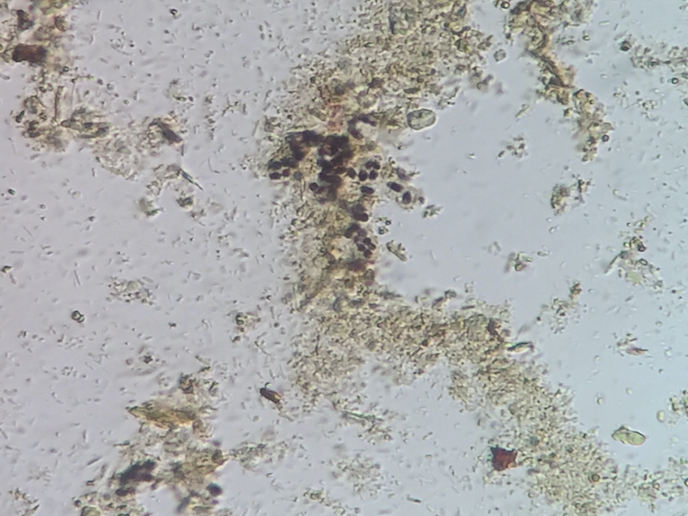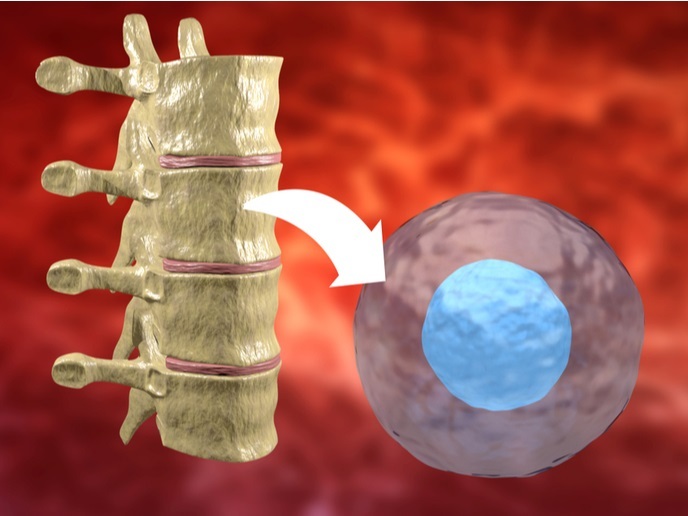Our gut’s early development offers the means to stop and treat later diseases
It is known that gut bacteria (collectively known as the gut microbiota) play a significant role in human health. The metabolic activity of the gut microbiota directly influences the digestion of food, the functioning of the gut barrier and immune regulation. Aberrations in the microbiota (as a result of poor diet or drug treatments, amongst other factors) can result in ill health, including reduced pathogen resistance, obesity and type II diabetes. The Marie Skłodowska-Curie Actions(opens in new window) supported BESIDE project and investigated how the early development of the gastrointestinal tract is influenced by bacterial colonisation. The project specifically focused on the influence of bile salt hydrolase(opens in new window) (BSH) activity – the ability of bacteria to alter the chemistry of bile acids. By identifying the exact pathways and mechanisms involved, the project’s results have shown that bacterial BSH has an impact on intestinal epithelial differentiation(opens in new window).
Bacteria-to-host signalling
Previous research from the University College Cork group has shown that BSH is a trait associated with a wide range of gut bacteria, notably those which colonise the gut soon following birth. “This suggests BSH as a potential selection criterion used by bacteria when colonising,” says María Ángeles Núñez Sánchez, MSCA Fellow and lead researcher at University College Cork(opens in new window) (project host). BESIDE’s laboratory work has shown that BSH-positive bacteria alter the signalling potential of bile acids in the host. It is also known that host cells in the body have mechanisms for detecting bile acids as chemical signals, comparable to hormonal signalling. So BSH activity benefits gut bacteria by enhancing their gut environment, while also regulating host metabolism by altering the signalling functions of bile acids. BESIDE developed 3D models which were then exposed to a range of bile acids produced by the BSH activity. They then examined how these changes affected cellular function. To achieve this, the team isolated intestinal stem cells with state-of-the-art flow cytometry techniques(opens in new window), then cultured these stem cells in the 3D models which mimicked the epithelial intestinal layer of the gastrointestinal tract. Cell imaging enabled the team to determine the exact mechanisms implicated in this interaction between the host and the BSH producing bacteria. They did so by detecting specific markers involved in cell differentiation and maturation. The team also used germ-free mouse models, where the BSH component of the gut microbiota was manipulated with changes to the host observed and evaluated. “The maturation of the gastrointestinal tract involves a very complex response from the host. Not only is development affected by BSH activity, but the hosts immune system is also engaged during these early stages,” explains Núñez Sánchez. “Our tests allowed us to identify host pathways that might be targeted through bacterial bile metabolism.”
Public health implications
Microbiota imbalances in early life have been linked to the development of long-term disorders including asthma and some allergies which are some of the commonest childhood diseases. “This project could have major public health implications given the cost of treating diseases associated with microbiota imbalances. Correcting these early, through bacterial or biochemical interventions, could provide effective new treatments or prevent a range of disorders,” she adds. The team will now investigate how the complex process of microbial colonisation also drives a coordinated host immune response. They will focus on metabolites(opens in new window), which are also key to predicting and preventing health issues related to gut microbiota imbalances in early life.







